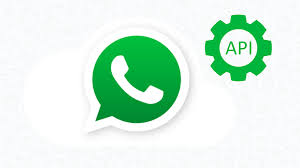
How to Improve Customer Support with WhatsApp
Explore how WhatsApp automation tools can enhance customer support and why they are essential for businesses today.



© 2024 Crivva - Business Promotion. All rights reserved.